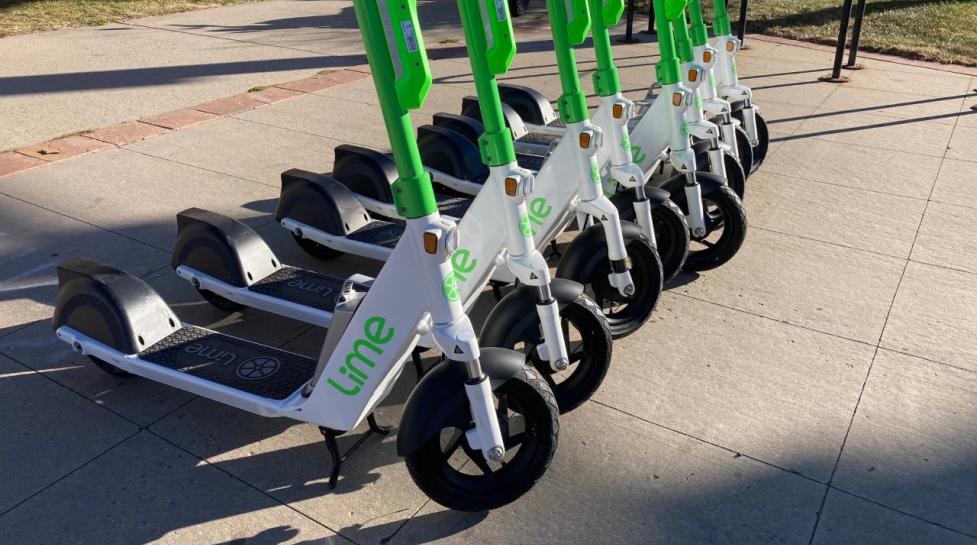Staff have evaluated the city’s shared e-scooter pilot program by reviewing overall use, safety, sustainability, racial equity, demographics, mode shift, parking and community feedback.
Holiday Closures
In observance of the winter holidays, the City of Boulder is adjusting its operations schedules.







